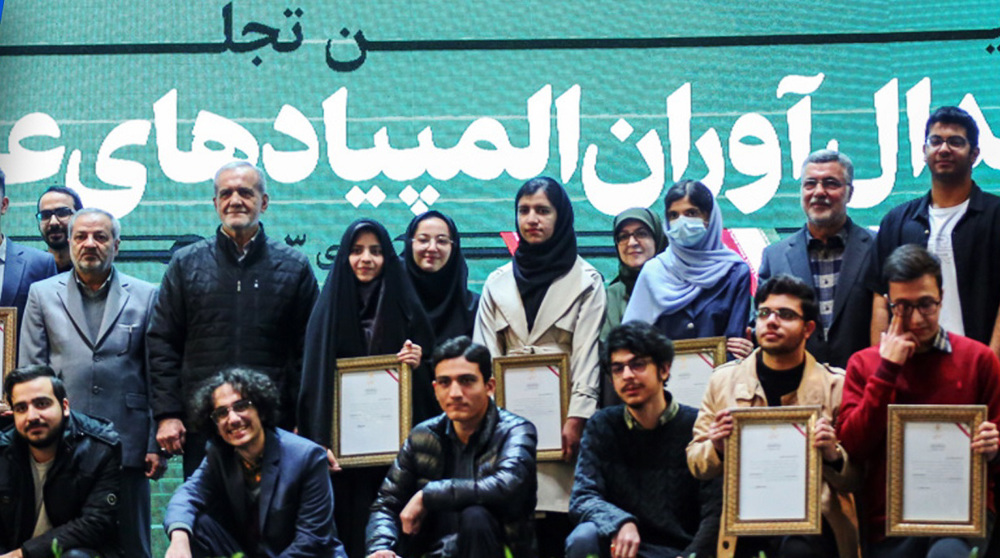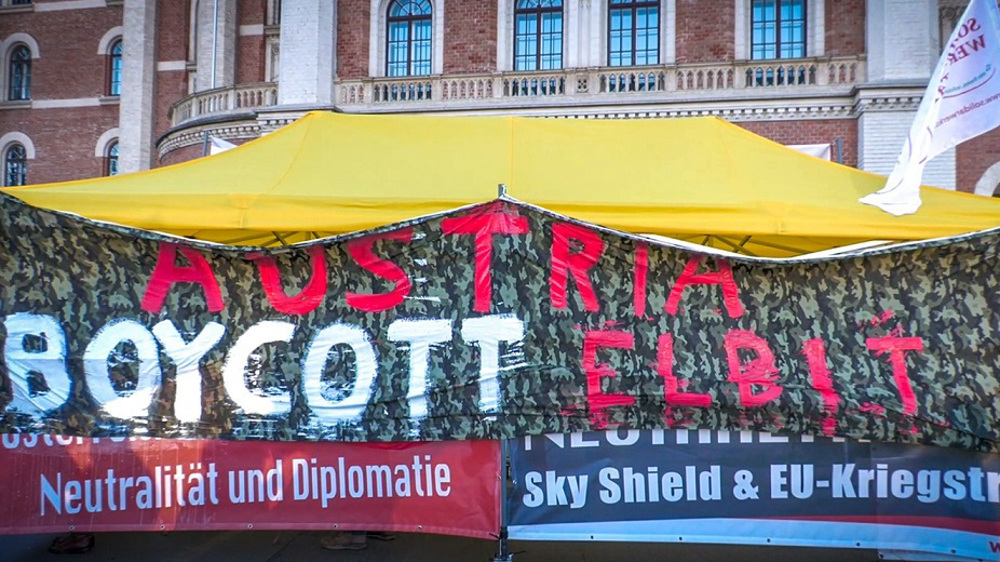Iranians mark Nature's Day at home amid COVID bans
Yusef Jalali
Press TV, Tehran
Jam-packed parks and daylong picnics; This is how Iranians spend their day on the festival of 13-bedar or Nature’s day. In fact 13-bedar is a rare opportunity for relatives to mingle and spend quality time together. But this year, there's no trace of all the hustle and bustle; as the coronavirus is still lurking and is likely to resurge if social distancing is not observed.
Two days ahead of the national occasion, Iran's Health Ministry sent an automatic message to all citizens, warning them against going outdoors. Police has cordoned off all parks and public places on the day. Those who are caught picnicking will be fined.
13-bedar falls on the thirteenth day of the Iranian calendar month of Farvardin. It is also the last day of Nowruz holidays, which mark the arrival of spring. Sizdah is the Persian word for thirteen. Many believe that bedar means getting rid of. So Sizdah-bedar means getting rid of number 13, which in old beliefs was regarded as an unlucky number. Iranians have been celebrating the occasion for three millennia by taking to the wilderness. After nearly two hours, we hardly found anyone here to ask their take on Nature’s day and how they spent it this year.
The festival comes as the coronavirus is in a calm-before-the storm mode. As Iran is yet to kick start its mass vaccination program, daily fatalities are gradually climbing close to the 100 limit. The total death toll has exceeded the 62,000 mark.
It's the second year in a row that the coronavirus mars 13 bedar and forces families inside their homes. Health authorities say this is to avert the fourth wave of the pandemic, which if unleashed, will be more lethal and highly transmissible. Now here's their advice; stay home this year to picnic with peace of mind next year.
At least 19 Gazans killed by Israeli airstrikes since dawn: Medics
Leader: Iran has no proxy forces in West Asia
US fighter aircraft shot down ‘in friendly fire’ amid aggression on Yemen
Yemeni FM: Israel’s sponsors accountable for ongoing aggression on Sana’a
Eight Palestinians killed as Israel attacks Gaza school, hospitals
VIDEO | Rome, Milan host new protests in solidarity with Palestinians
Dec. 21: ‘Axis of Resistance’ operations against Israeli occupation
Spain jurists demand ties with Israel ties be cut









 This makes it easy to access the Press TV website
This makes it easy to access the Press TV website